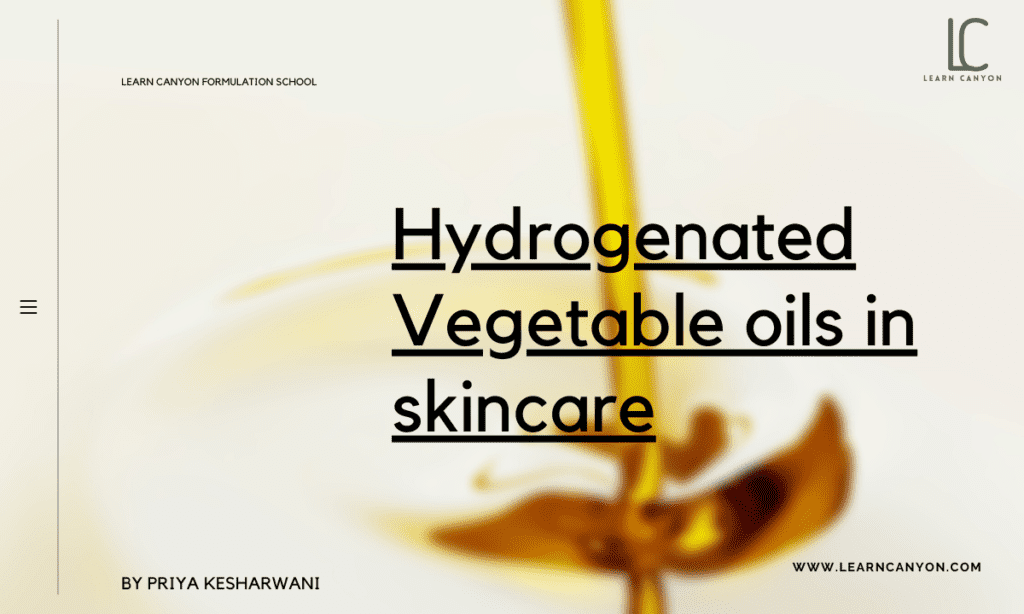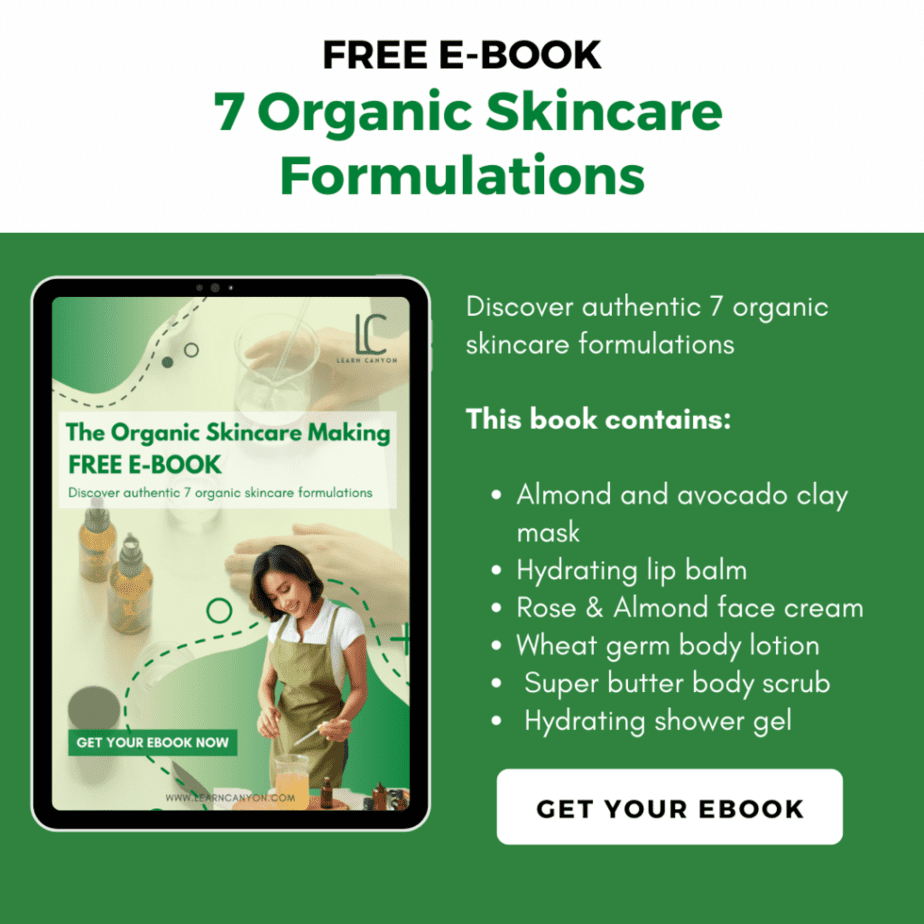
Clementine (Citrus clementina) peel essential oil

What Is the Clementine Essential Oil?
The Clementine Orange, also known as Citrus Clementina, is a member of the Mandarin Orange family. It’s made by extracting the oil from the vitamin-rich peels of the fruit by cold pressing them.
| What is it? | Clementine Essential Oil is extracted from the vitamin-rich rinds of mature Citrus clementina fruits grown in Italy's sun-drenched orchards. |
|---|---|
| INCI | Citrus clementina peel oil |
| Appearance | It is a pale yellow liquid |
| Texture | Soft |
| Recommended Usage | 1-10% |
| Solubility | Water soluble (Cold pressed) |
| Melting point | NA |
| Boiling point | NA |
| pH | NA |
| Aroma | Crisp, Fresh |
| Why do we include it in formulations? | Purification and cleansing |
| How to work with it? | Include in the water phase of the formulation and, if feasible, avoid heating. |
| Applications | Clementine Oils are known for their cleansing and purifying properties, which aid in the balance of oily skin and the improvement of acne and blemishes. |
| Absorption rate | Fast |
| Strength | It's a middle note with a medium scent that smells exactly like the fruit; it's sweeter and zestier than other citrus oils. |
| Weaknesses | Before applying an oil to the skin, always dilute it with a carrier oil. |
| Substitution | NA |
| How to store it? | Sored in a cool, dark and dry place. |
| Shelf life | It has a two-year shelf life. |
| Type of ingredient | Essential oil |
|---|---|
| Main benefits | The ability to cleanse and topically apply vitamin C improves the appearance of your skin by firming and tightening it. |
| Who should use it | Clementine essential oil is a mild, soft oil that is ideal for sensitive skin. |
| How often can you use it? | Every night |
| Works well with | Coriander oil, Grapefruit oil, Lemon oil, and Spearmint oil go nicely together. |
| Doesn't work with | There are no components known to react negatively with Clementine peel essential oil. |
| How to use | When your mixture is cooling down, add these ingredients. |
Mechanisms of action
Clementines are high in citric acid, which helps remove debris, oils, and pollutants linked with oily skin. Vitamin C, in addition to supporting healthy cells on the inside, helps to firm and tighten the appearance of your skin when applied topically.
It also protects you from free radicals. Clementine oil contains antioxidant flavonoids known as “anthocyanins,” which aid to lessen the effects of environmental stresses.
Benefits of Clementine Essential Oil
- Clementine Essential Oil, like many citrus fruits, is high in Vitamin C, which aids collagen development and promotes skin structure.
- It also contains flavonoids, which are potent antioxidants that protect against free radical damage and boost skin’s ability to recover, resulting in less wrinkles and symptoms of ageing.
- Clementine oil also contains folic acid, an antioxidant that keeps skin firm and healthy, as well as anti-inflammatory effects.
- It also has a mild, pleasant citrus scent that is known for its aroma therapeutic benefits.
- Clementines are high in citric acid, which helps remove debris, oils, and pollutants linked with oily skin. If you have oily or mixed skin with clogged pores, this is an excellent component for you.
Side effects of Clementine Essential Oil
Because this essential oil may have phototoxic qualities, it is recommended that you avoid exposure to the sun after using it on your skin.
Before using, dilute well; only for external use. Some people may have skin irritation; a skin test is recommended before use. Contact with the eyes should be avoided at all costs.
How to use it in formulation?
Added during your formulation’s cooling down step.
Works well with other ingredients
Clementine essential oil blends well with: Arborvitae oil, Citrus Bliss oil, Coriander oil, Grapefruit oil, Lemon oil, Spearmint oil.




